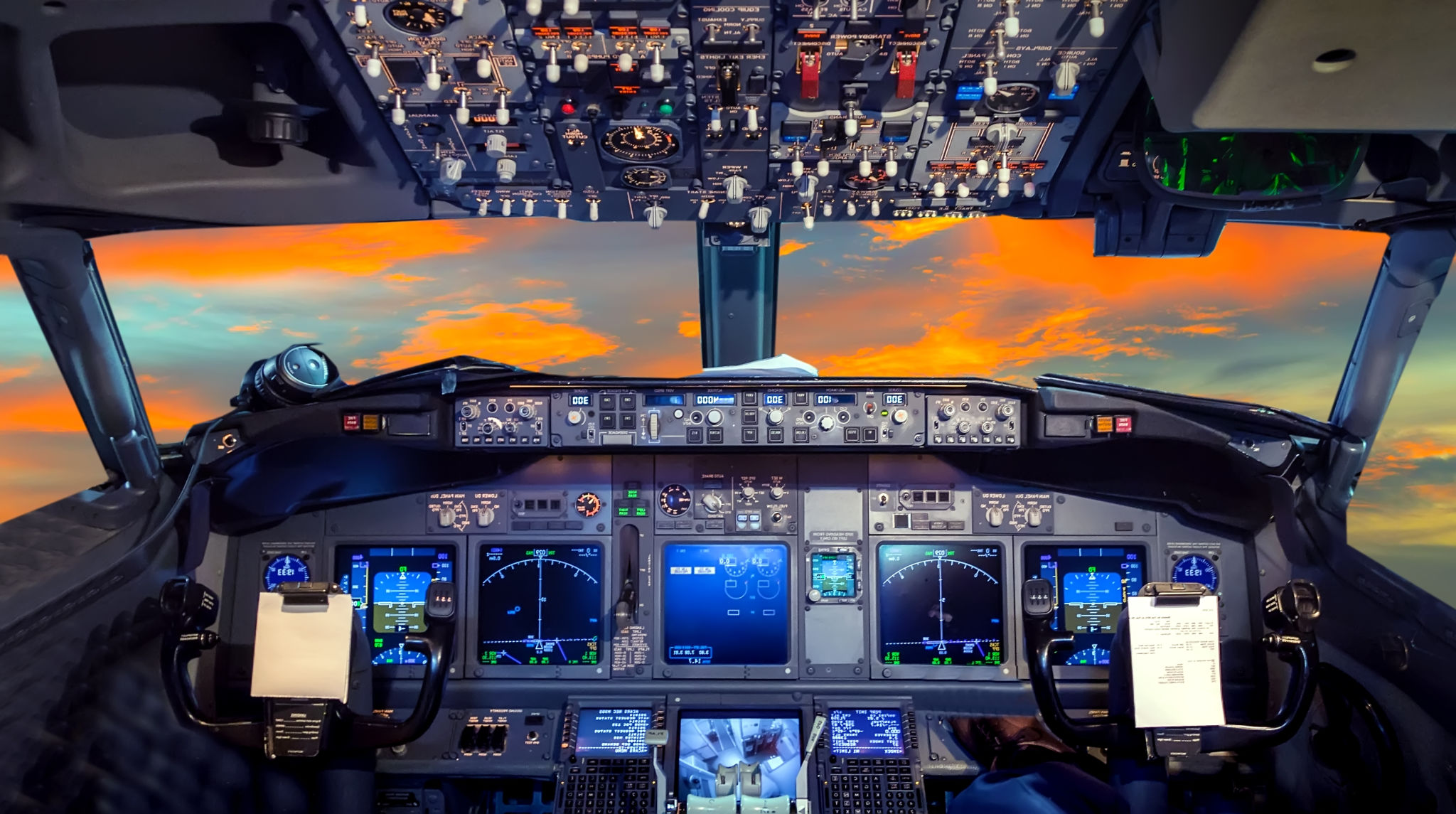Mastering the Skies: A Comprehensive Guide to Pilot Lessons in Western Pennsylvania
Introduction to Pilot Lessons
Learning to fly is an exhilarating journey that offers a unique perspective of the world. For those in Western Pennsylvania, the region's lush landscapes and varied weather conditions provide an ideal backdrop for mastering the art of flight. Whether you're aspiring to fly as a hobby or looking to kickstart a career in aviation, understanding the basics of pilot lessons is crucial.

Choosing the Right Flight School
One of the first steps in your aviation journey is selecting the right flight school. In Western Pennsylvania, there are several reputable schools, each offering unique programs and benefits. Consider factors such as the types of aircraft available, instructor qualifications, and the school's safety record. Additionally, it's important to visit potential schools to get a feel for their environment and ensure they match your learning style and goals.
Program Options
Flight schools offer a variety of programs ranging from private pilot licenses (PPL) to commercial pilot certifications. It's essential to choose a program that aligns with your aspirations. If you aim to fly recreationally, a PPL may be sufficient. However, if you envision a professional career in aviation, you'll need to pursue more advanced certifications.

The Learning Process
Learning to fly involves both ground school and practical flight training. Ground school covers essential topics such as aerodynamics, navigation, meteorology, and federal aviation regulations. This foundation prepares you for both written exams and flight operations. Practical training involves hands-on experience in the cockpit, where you'll practice takeoffs, landings, and maneuvering under the guidance of an experienced instructor.
Flight Hours and Simulations
Accumulating flight hours is a critical component of pilot training. Most pilot licenses require a specific number of flight hours, which includes both solo and dual flights with an instructor. Additionally, many schools use flight simulators to enhance learning. Simulators provide a safe environment to practice complex maneuvers and respond to various flight scenarios.

Weather Considerations
The varied weather conditions in Western Pennsylvania offer both challenges and learning opportunities for student pilots. Understanding weather patterns is crucial for safe flying. During training, you'll learn how to interpret weather reports and make informed decisions based on current conditions. This knowledge is vital for ensuring both your safety and the safety of your passengers.
Seasonal Training Benefits
The changing seasons in Western Pennsylvania provide diverse flying experiences. Training during different seasons can enhance your skills and prepare you for flying in various weather conditions. From navigating summer thunderstorms to winter snow, each season offers valuable lessons that contribute to becoming a proficient pilot.
Building Confidence and Skills
As you progress through your training, you'll gain confidence in your abilities. Regular practice and dedication are key to mastering flying skills. Engaging with fellow students and instructors can also provide valuable insights and support throughout your journey. Remember, persistence is essential as you work towards achieving your pilot certification.

Conclusion
Embarking on pilot lessons in Western Pennsylvania is a rewarding endeavor that opens up a world of possibilities. By choosing the right flight school, understanding the learning process, and embracing the challenges posed by regional weather, you'll be well on your way to mastering the skies. Whether you're flying for personal fulfillment or pursuing a career in aviation, the skills and experiences gained through pilot training will last a lifetime.
